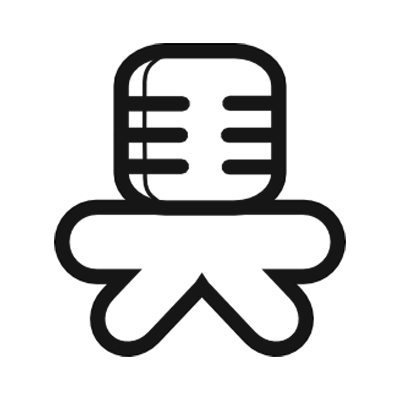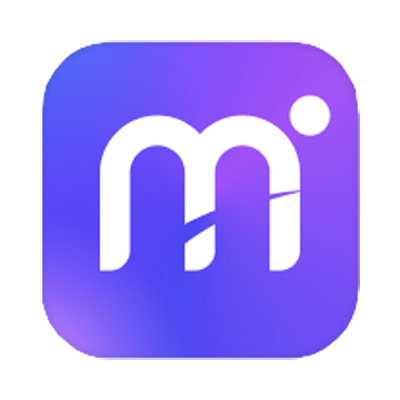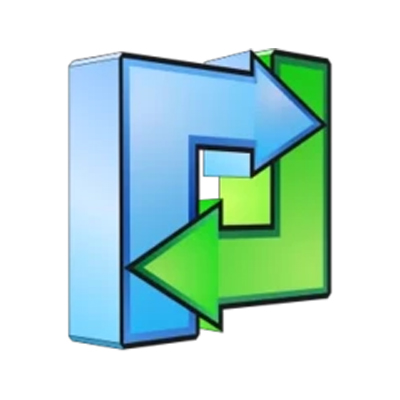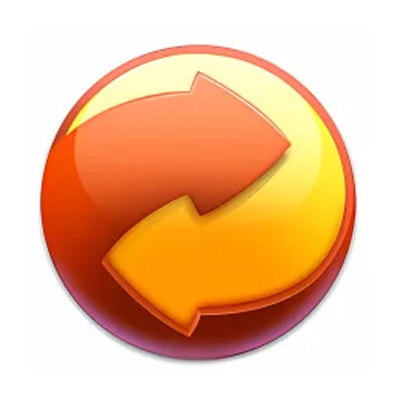Converting OGG to MIDI files can be a necessity for various reasons. OGG files are commonly used for audio encoding and streaming due to their high sound quality and small file size. However, MIDI files have their own advantages, particularly when it comes to editing and manipulating music. MIDI files are essentially digital sheet music, allowing users to tweak and rearrange individual notes, change instruments, or even add their own compositions. Moreover, MIDI files can be easily integrated into digital audio workstations (DAWs) for further processing and enhancements. This is where an OGG to MIDI converter comes in handy. Whether you're a musician, audio engineer, or music enthusiast, having the capability to convert OGG files to the versatile MIDI format can open up new possibilities for creativity and customization. Our website provides a comprehensive list of both online and software-based OGG to MIDI converters, ensuring that you have a variety of options to choose from based on your specific needs. Try out these converters and unlock the full potential of your OGG files today!





















OGG files are a type of audio file that is commonly used for streaming and distributing audio content on the internet. They are known for their high audio quality and small file size, which makes them an ideal choice for online applications and platforms. OGG files use a lossy compression algorithm to reduce the file size while maintaining the audio quality. This means that some audio data is discarded during the compression process, but the resulting file still retains a high level of fidelity. OGG files can be played on a wide range of devices and platforms, including computers, smartphones, and tablets, making them a versatile choice for audio content creators and consumers alike.
MIDI files are a type of digital file that contain musical data. They are used to store and transfer information about musical notes, including pitch, duration, and velocity. MIDI stands for Musical Instrument Digital Interface and was first developed in the 1980s. It is a universal format that allows electronic musical instruments, computers, and other devices to communicate with each other. MIDI files do not contain actual audio recordings, but instead, they contain instructions that tell a device or software how to play the notes. This makes MIDI files very versatile and flexible, as they can be easily edited, modified, and played back on various devices. They are commonly used in music production, as they allow musicians and producers to create, edit, and share musical ideas across different platforms.